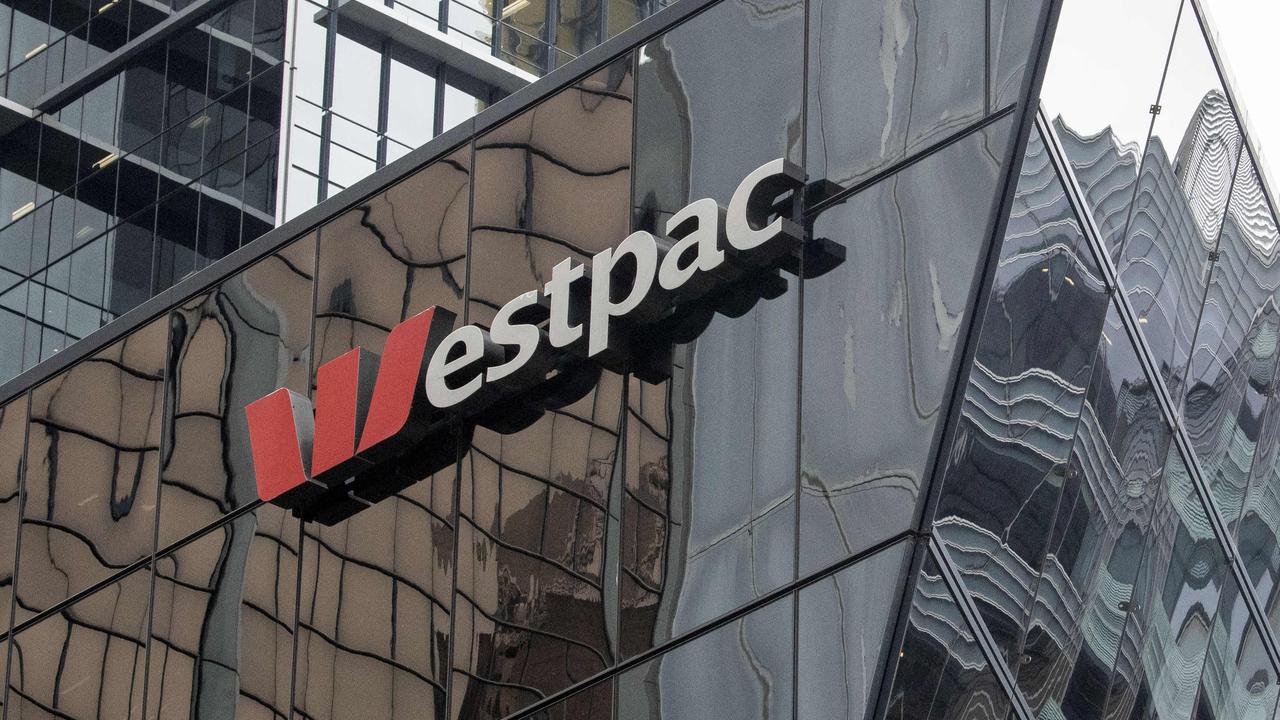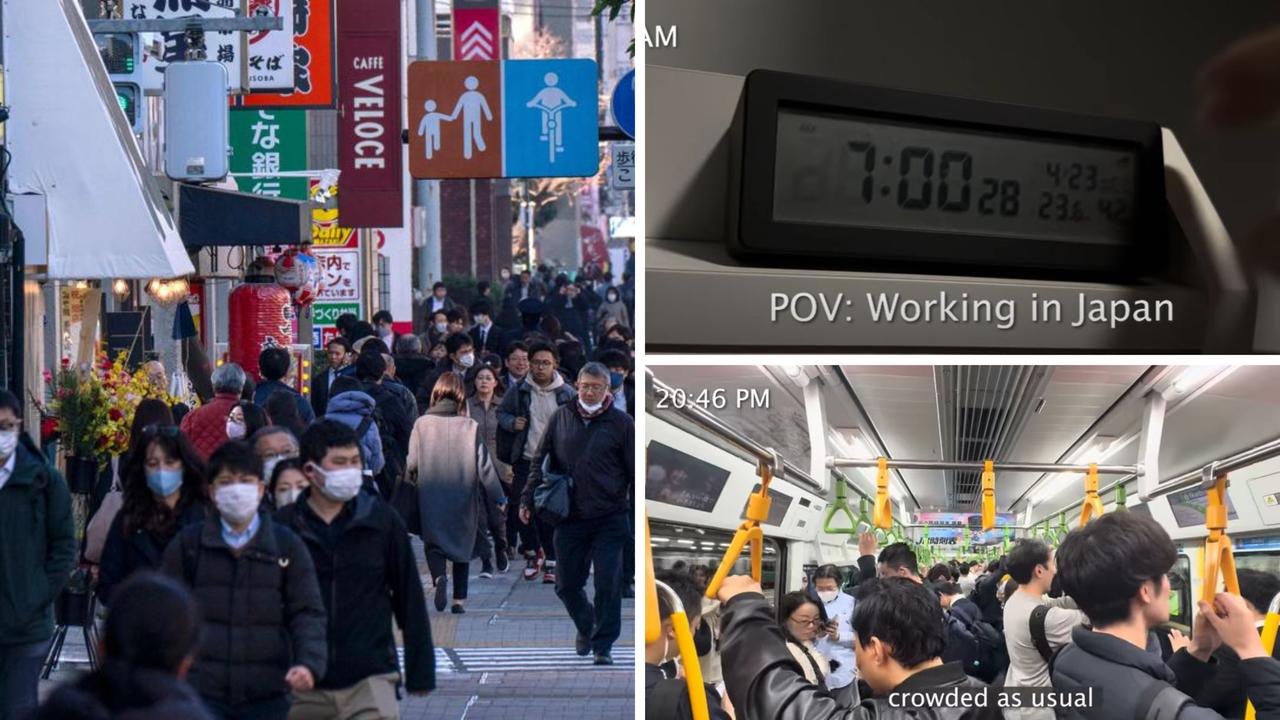NSW Greens want ‘commonsense’ wage cap for publicly funded executives
Forget mining and finance because seven-figure salaries are the norm in one surprising, publicly funded line of work, and some want it to stop.

They say education is among the world’s most noble fields of work, but it turns out, if you make it high enough, it’s a potential goldmine too.
This is evidenced in a list — compiled by the Greens for news.com.au — that reveals the eye-watering and publicly funded salaries of university chiefs, as well as public sector employees at the top of government bodies in NSW.
The top public sector earner in the state is University of Sydney’s vice-chancellor and principal Michael Spence who makes a tidy $1.44 million a year.
A university spokeswoman told news.com.au this sum includes a base salary of $642,000, a performance-based bonus, superannuation and various benefits to support his role, such as a “residence and car used heavily for university business”.
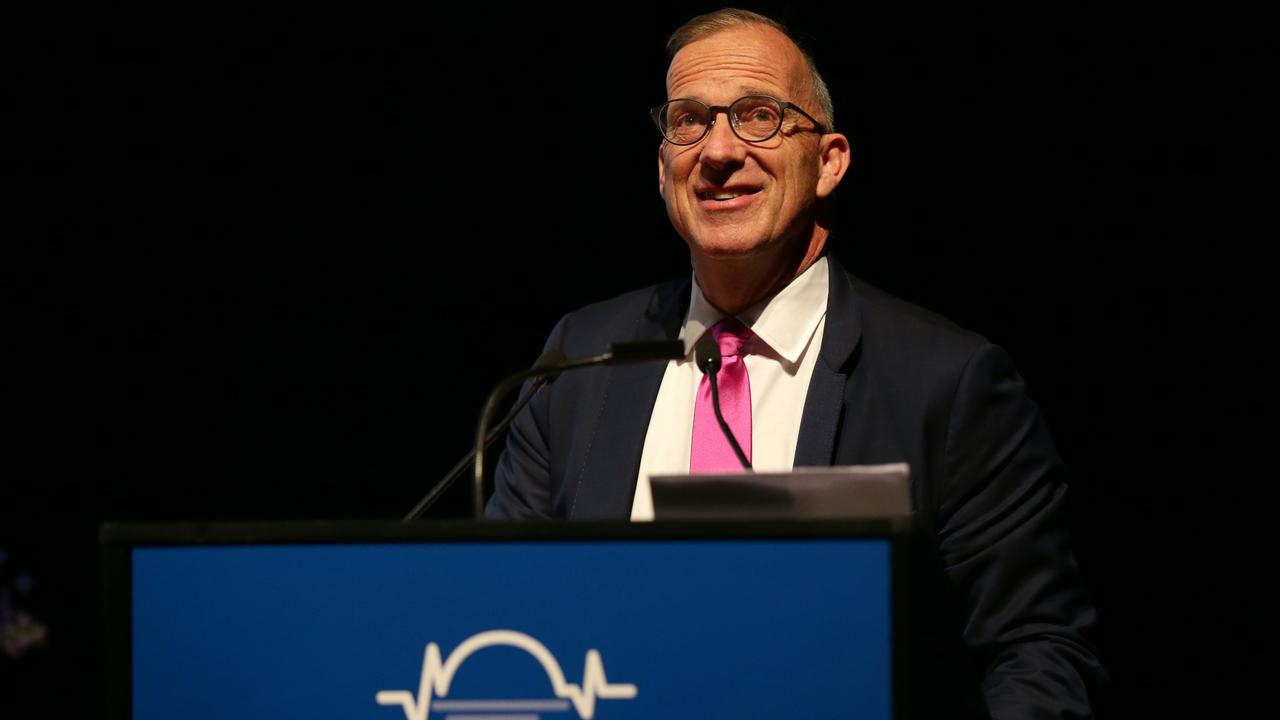
“He leads one of the world’s top 50 universities with more than 60,000 students, over 7400 staff and 70 education and research centres across multiple campuses with an operating budget of $2.2 billion,” the spokeswoman added.
However, in revealing the list of senior executive role salaries, NSW Greens say people have had enough, and it’s time for a change.
That’s why, as part of its NSW election campaign, the party is announcing a new “fat cat wage cap” — introducing a maximum wage of $500,000 for senior executives roles in the public service, governments agencies, universities and state-owned corporations.
GO TO THE FULL LIST
At the top of the Greens’ list of top earners are university vice-chancellors.
The Australian Catholic University vice-chancellor and president Gregory Craven makes $1.3 million a year, and the top dogs at UNSW (Ian Jacobs) and University of Technology, Sydney (Attila Brungs) also make seven figure salaries — at $1.24 million and $1.03 million respectively.
The Greens’ cap would be set at no more than 10 times the median annual income for people in NSW, which is just under $50,000 according to the ABS.
And senior figures in the party argue while wage growth is barely keeping up with the cost of living, there is no justification for any executive on the NSW payroll to earn more than 10 times the median income.
“Most people would be shocked to know just how much NSW senior executives on the public payroll are pocketing in their annual salary,” Greens MP David Shoebridge said.
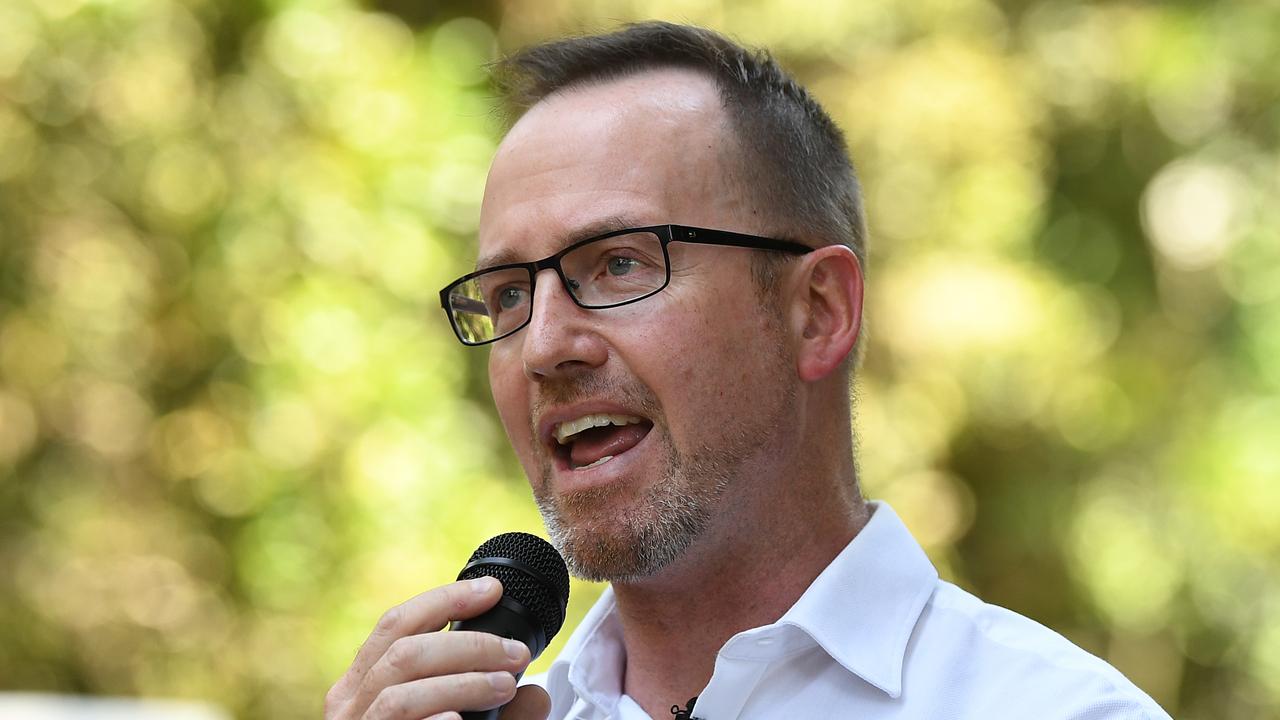
“Public funds should not be used to dole out obscene salaries to an elite few, often the very same people who are urging staff cuts and cuts to wages and conditions.”
He added nurses, firefighters, train drivers and teachers were the ones who needed a pay rise, and the bosses at the top were the ones making staff cuts.
In a statement to be released today, the Greens say the executive of Sydney Trains earns almost $700,000 a year after receiving a $40,000 pay rise — while “trying to deny a 6 per cent wage rise for Sydney Train workers”.
“The vice-chancellor of the University of Sydney earns almost $1.5 million per year while overseeing the casualisation of the university’s workforce and forced redundancies,” the statement reads. “At UNSW the vice-chancellor is paid almost $1.2 million, despite staff cuts and rampant casualisation.”
Greens candidate Tom Raue added a cleaner on the minimum wage “works just as hard as any CEO or executive whose office they clean”.
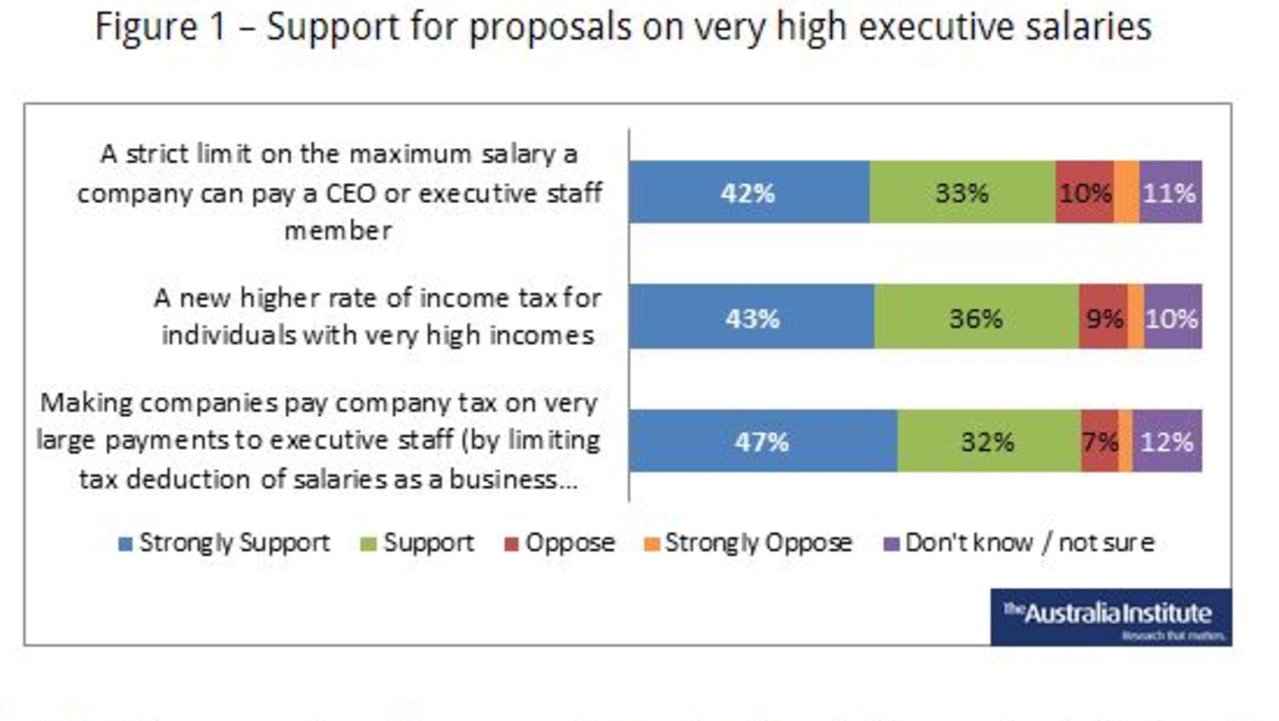
“Right now ordinary wages have stagnated, and the people I speak to in the community are really feeling the crunch of the cost of living,” he said. “There’s no justification for public executives to be pocketing these obscene salaries while they deny fair pay rises to workers on the front line.”
The policy announcement comes after a national poll, by The Australia Institute, found a majority of Australians support placing a strict limit on the maximum salary for CEOs or executive staff, with four out of five saying CEOs are paid too much.
“When asked what they considered a reasonable salary for a CEO, most selected a salary of $720,000 a year or less,” said Ebony Bennett, deputy director of The Australia Institute.
“It is clear the reality of what CEOs are paid is not in line with community expectations.”
However, some of the universities implicated in the Greens’ list say they receive funding from a range of sources, not just the state government.
For example, less than 2 per cent of the University of Sydney’s funding comes from NSW and local governments and around 30 per cent from federal government funding.
SENIOR EXECUTIVE ROLES THAT WOULD BE IMPACTED BY THE WAGE CAP
The following figures, compiled by the Greens from public records, may include additional benefits such as superannuation and other fringe benefits including fully provided or subsidised accommodation.
Michael Spence, vice-chancellor, University of Sydney
$1,445,000
Greg Craven, vice-chancellor, ACU
$1,300,000
Ian Jacobs, vice-chancellor, UNSW
$1,247,500
Attila Brungs, vice-chancellor, University of Technology, Sydney
$1,035,000
Bruce Dowton, vice-chancellor Macquarie University
$985,000
Paul Wellings, vice-chancellor, University of Wollongong
$905,000
Barney Glover, vice-chancellor Western Sydney University
$905,000
Andrew Vann, vice-chancellor Charles Sturt University
$757,000
Annabelle Duncan, vice-chancellor University of New England
$735,000
Kevin Young, managing director, Sydney Water
$786,582
Mark Stapleton, Parramatta Council CEO*
$728,000
*Mr Stapleton was sacked last week, with a golden handshake of 38 weeks’ pay — about $350,000 — according to the Parramatta Advertiser.
City of Parramatta Council spokesperson said the Greens figure has been “inflated”, because there were multiple people in the role over the past financial year.
“For example, if someone is acting in the role while the CEO is on leave, both salaries are counted,” she added.
“Due to privacy concerns regarding the release of personal information pertaining to staff, Council is unable to provide the CEO’s annual remuneration figure at this point in time.”
A Macquarie University spokeswoman said: “The university’s governing council, with input from the Nominations and Remuneration Committee of the council, approves the salary for the vice-chancellor based on a number of considerations and in line with national benchmarking and international standards.”
Sydney Water is a state-owned corporation and therefore not on the State payroll.
A Syney Water spokesman said that, as with all NSW State-owned corporations, the remuneration of Sydney Water’s Managing Director/CEO is set in accordance with the State-Owned Corporation Act (NSW) 1989 and NSW Public Sector Wages Policy 2011.


